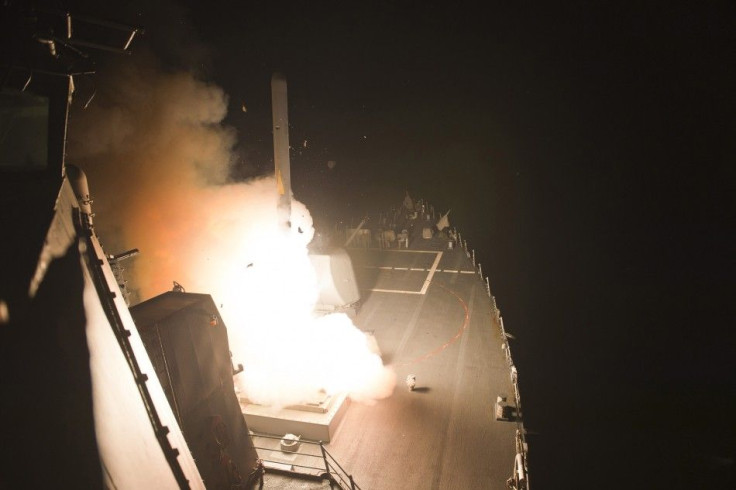Australian special forces helped recapture Ramadi from ISIS

Australian Special Forces were praised after its successful campaign against the ISIS. The military recaptured Ramadi from the extremist group, destroying around 50 fighting positions of the terrorists.
Vice Admiral David Johnston said ADF offered remote support, according to The Guardian. Furthermore, Australia's Special Forces also called for around 1,000 airstrikes to retake the city. They also stayed in contact with Iraqi troops in real time leading to the successful recapture. Johnston, who is the head of the defence joint operations, explained Australia's crucial role in guiding the Iraqi forces.
“The F/A-18A Hornets from the air task group were vital in striking Daesh [Isis] fighting positions that were hampering the Iraqi counter-terrorism services to advance through Ramadi,” said Johnston. “Air task group Hornets conducted two missions on 22 and 29 December where five and two munitions were released respectively. As a direct result of at least one attack, the Daesh fighters were silenced and the Iraqi counter-terrorism services were able to continue with their clearance of central Ramadi,” he explained.
According to The Australian, Task Group Taji were also in charge of the Iraqi Army's 76th Brigade training. This also played a major part in the siege of the city especially when the brigade penetrated the former Islamic State stronghold. Nonetheless, the Australian government denied a report from a US website claiming that 80 Australian Special Forces troops became part of the Ramadi troops.
Australia's defence unit is yet to provide detailed information about what went on with the mission, including the country's exact contributions. Nevertheless, several reports already indicated the participation of Australian forces in aligning Iraqi forces ground assault along with coalition air support.
The Iraqi government lost the city to the extremist group last May. A US-led coalition helped reclaim majority of the city in the past week. The coalition launched as many as 600 airstrikes. However, much of the fighting and campaigns left the town torn in ruins. ISIS installed explosives in the buildings during their retreat.





















